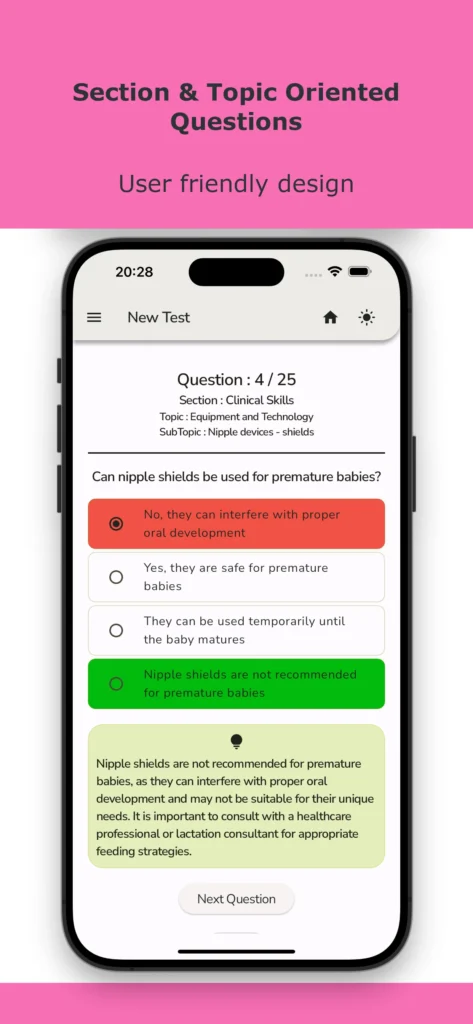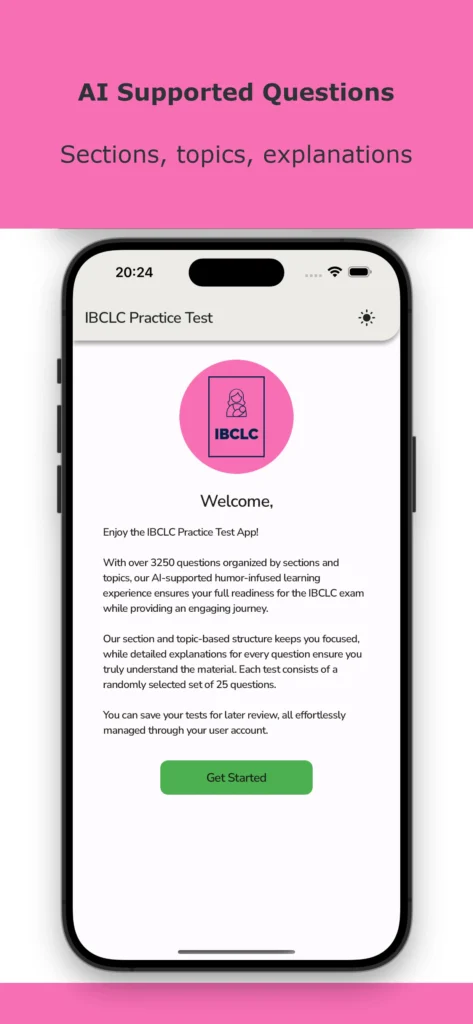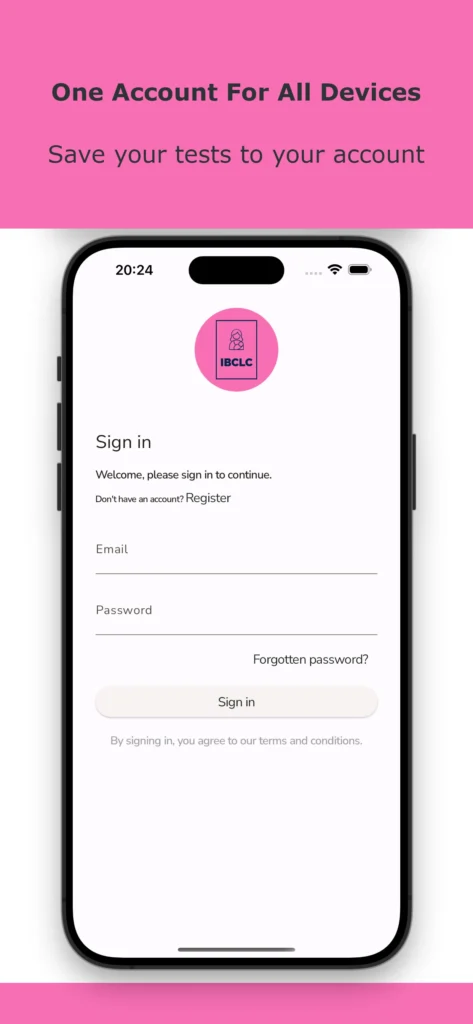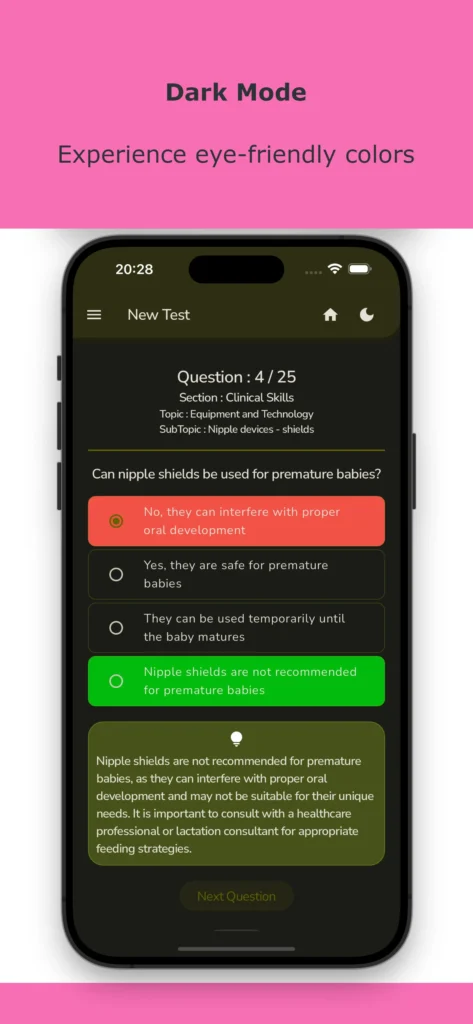Introduction to IBCLC
In the world of lactation support, IBCLC is an important acronym to know. IBCLC stands for International Board Certified Lactation Consultant. But what does that mean? Let’s dive into the details.
IBCLC is the gold standard in lactation support. It is a globally recognized credential that signifies a high level of expertise in breastfeeding and lactation. IBCLCs are healthcare professionals who have undergone extensive training and education to provide evidence-based lactation support to breastfeeding families.
To become an IBCLC, individuals must meet specific requirements set by the International Board of Lactation Consultant Examiners (IBLCE). These requirements include completing a minimum of 90 hours of lactation-specific education, acquiring a minimum of 1,000 hours of clinical experience in lactation support, and passing a comprehensive examination.
The role of an IBCLC is multifaceted. They provide lactation support to individuals and families during pregnancy, after birth, and throughout the breastfeeding journey. IBCLCs work in various settings, including hospitals, clinics, private practices, and community organizations.
IBCLCs play a crucial role in promoting and supporting breastfeeding. They assist with latching and positioning, assess milk transfer, provide guidance on overcoming breastfeeding challenges, and offer evidence-based information on infant feeding. IBCLCs also work closely with other healthcare professionals to ensure comprehensive care for breastfeeding families.
When seeking lactation support, it is important to look for the IBCLC credential. IBCLCs have the knowledge and skills to address a wide range of breastfeeding issues and provide personalized care. Their expertise and experience make them valuable resources for breastfeeding families.
In summary, IBCLC stands for International Board Certified Lactation Consultant. IBCLCs are highly trained healthcare professionals who provide evidence-based lactation support to breastfeeding families. They play a crucial role in promoting and supporting breastfeeding, and their expertise is recognized globally as the gold standard in lactation support.
What is an IBCLC?
An IBCLC, which stands for International Board Certified Lactation Consultant, is a healthcare professional who specializes in providing expert lactation support and guidance to breastfeeding families. IBCLCs are considered the gold standard in lactation support due to their extensive training, experience, and adherence to strict professional standards.
To become an IBCLC, individuals must meet specific criteria set by the International Board of Lactation Consultant Examiners (IBLCE). This includes completing a minimum of 90 hours of lactation-specific education, acquiring 1,000 hours of clinical experience working with breastfeeding families, and passing a comprehensive examination.
IBCLCs possess a deep understanding of the anatomy and physiology of lactation, as well as the various challenges and complexities that can arise during the breastfeeding journey. They are trained to provide evidence-based information and support to help families overcome breastfeeding difficulties and achieve their breastfeeding goals.
IBCLCs work in a variety of settings, including hospitals, clinics, private practices, and community organizations. They play a crucial role in promoting and supporting breastfeeding by providing education, counseling, and practical assistance to breastfeeding families.
The expertise of an IBCLC extends beyond basic breastfeeding support. They are skilled in addressing issues such as low milk supply, nipple pain, latch difficulties, infant weight gain, and breastfeeding challenges related to medical conditions or special circumstances.
When working with an IBCLC, families can expect personalized care and support tailored to their unique needs. IBCLCs take a holistic approach, considering the physical, emotional, and social aspects of breastfeeding. They provide non-judgmental support and empower families to make informed decisions about their breastfeeding journey.
It’s important to note that the term IBCLC is a protected title, meaning that only individuals who have met the rigorous requirements set by the IBLCE can use this designation. This ensures that families seeking lactation support can trust in the expertise and professionalism of an IBCLC.
In summary, an IBCLC is a highly trained and experienced lactation consultant who provides expert support and guidance to breastfeeding families. Their knowledge, skills, and dedication make them an invaluable resource for those seeking assistance with breastfeeding. If you are facing challenges or have questions about breastfeeding, consulting with an IBCLC can greatly enhance your breastfeeding experience and help you overcome any obstacles you may encounter.
The Importance of IBCLC Certification
When it comes to lactation support, the IBCLC certification is considered the gold standard. IBCLC stands for International Board Certified Lactation Consultant, and it is a credential that is recognized worldwide. In this section, we will explore the importance of IBCLC certification and why it is crucial for lactation support professionals.
IBCLC certification is a rigorous process that ensures lactation consultants have the knowledge, skills, and experience necessary to provide evidence-based care to breastfeeding families. To become an IBCLC, individuals must meet specific educational requirements, complete a minimum number of clinical hours, and pass a comprehensive exam.
One of the primary reasons why IBCLC certification is so important is because it signifies a high level of expertise in lactation support. IBCLCs have a deep understanding of the physiological, psychological, and social aspects of breastfeeding. They are trained to assess and address a wide range of breastfeeding challenges, including latch issues, low milk supply, and infant feeding difficulties.
In addition to their expertise, IBCLCs also adhere to a strict code of ethics and professional standards. This ensures that they provide care that is compassionate, evidence-based, and respectful of the cultural and individual needs of each family. IBCLCs prioritize the well-being of both the breastfeeding parent and the baby, and they work collaboratively with other healthcare professionals to provide comprehensive care.
Another reason why IBCLC certification is important is because it promotes the concept of E-A-T (Experience, Expertise, Authoritativeness, and Trustworthiness). When families seek lactation support, they want to know that they are receiving care from a qualified and trusted professional. IBCLCs have undergone extensive training and education, and their certification provides reassurance that they have the necessary skills and knowledge to provide effective support.
Furthermore, IBCLC certification is crucial for healthcare organizations and institutions. By employing IBCLCs, these organizations can ensure that they are providing high-quality lactation support to their patients. IBCLCs can help improve breastfeeding rates, reduce complications, and support families in achieving their breastfeeding goals.
In conclusion, IBCLC certification is of utmost importance in the field of lactation support. It signifies a high level of expertise, adherence to professional standards, and a commitment to providing evidence-based care. Whether you are a breastfeeding parent seeking support or a healthcare organization looking to enhance your lactation services, choosing an IBCLC is a decision that can greatly benefit you and your breastfeeding journey.
Difference Between IBCLC and Other Certifications
What is IBCLC?
IBCLC stands for International Board Certified Lactation Consultant. It is the gold standard certification for lactation support professionals. IBCLCs are healthcare professionals who specialize in providing evidence-based lactation support and care to breastfeeding families.
While there are other certifications in the field of lactation support, the IBCLC certification is widely recognized and respected worldwide. It requires a comprehensive knowledge of lactation and breastfeeding, as well as clinical experience working with breastfeeding families.
Other Certifications in Lactation Support
There are several other certifications available for lactation support professionals, such as Certified Lactation Counselor (CLC), Certified Lactation Educator (CLE), and Certified Breastfeeding Specialist (CBS). These certifications also provide training and education in lactation support, but they have different requirements and levels of expertise compared to the IBCLC certification.
Differences in Requirements
The main difference between IBCLC and other certifications lies in the requirements for obtaining the certification. To become an IBCLC, individuals must meet specific educational and clinical practice requirements, complete a minimum number of hours of lactation-specific education, and pass a comprehensive examination.
On the other hand, other certifications may have different requirements, such as completing a shorter training program or attending workshops and seminars. While these certifications provide valuable knowledge and skills, they may not have the same level of depth and breadth as the IBCLC certification.
Scope of Practice
IBCLCs have a broad scope of practice and are qualified to provide comprehensive lactation support and care. They can assess breastfeeding difficulties, provide evidence-based information and education, offer practical strategies and techniques, and address complex breastfeeding challenges.
Other certifications may have a more limited scope of practice, focusing on specific aspects of lactation support, such as counseling or education. While these certifications are valuable in their own right, they may not encompass the same level of expertise and knowledge as an IBCLC.
Recognition and Credibility
The IBCLC certification is widely recognized and respected in the field of lactation support. It is the only internationally recognized certification for lactation consultants and is often required or preferred by healthcare institutions, employers, and insurance companies.
Other certifications may have varying levels of recognition and credibility, depending on the organization or institution. While they can still provide valuable support and education, the IBCLC certification carries a higher level of expertise and credibility.
Conclusion
While there are other certifications available in the field of lactation support, the IBCLC certification is considered the gold standard. IBCLCs have a comprehensive knowledge of lactation and breastfeeding, extensive clinical experience, and a broad scope of practice. They are recognized and respected worldwide for their expertise in providing evidence-based lactation support and care to breastfeeding families.
Benefits of Consulting an IBCLC
When it comes to breastfeeding, many new mothers face challenges and may need professional guidance and support. This is where an IBCLC, or International Board Certified Lactation Consultant, can make a significant difference. IBCLCs are healthcare professionals who specialize in lactation and breastfeeding support. They undergo rigorous training and education to obtain their certification, making them the gold standard in lactation support.
One of the key benefits of consulting an IBCLC is their expertise and knowledge in breastfeeding. They have a deep understanding of the anatomy and physiology of lactation, as well as the various factors that can impact breastfeeding success. This includes knowledge of common breastfeeding challenges such as latching difficulties, low milk supply, and nipple pain. With their extensive training, IBCLCs can provide evidence-based information and practical strategies to overcome these challenges.
Another advantage of working with an IBCLC is their ability to provide personalized support. Every mother and baby is unique, and breastfeeding experiences can vary greatly. An IBCLC takes into account the individual needs and circumstances of each mother-baby dyad and tailors their support accordingly. They can assess the baby’s latch, observe feeding sessions, and provide guidance on positioning and techniques to optimize breastfeeding. This personalized approach can greatly increase the chances of successful breastfeeding.
IBCLCs also play a crucial role in addressing complex breastfeeding issues. Some mothers may face more challenging situations, such as babies with special needs, multiples, or medical conditions. An IBCLC has the expertise to navigate these complexities and provide specialized support. They can collaborate with other healthcare professionals, such as pediatricians or lactation medicine specialists, to develop comprehensive care plans for mothers and babies facing unique challenges.
In addition to their expertise, IBCLCs also offer emotional support to mothers. Breastfeeding can be an emotional journey, and many mothers may experience feelings of frustration, guilt, or anxiety. An IBCLC understands the emotional aspects of breastfeeding and provides a safe and non-judgmental space for mothers to express their concerns and emotions. They offer encouragement, reassurance, and practical strategies to help mothers navigate the ups and downs of breastfeeding.
Consulting an IBCLC can also have long-term benefits for both mothers and babies. Research has shown that breastfeeding has numerous health benefits for infants, including a reduced risk of infections, allergies, and chronic diseases. IBCLCs can help mothers establish a strong breastfeeding relationship, which can contribute to long-term breastfeeding success and the associated health benefits for both mother and baby.
In conclusion, consulting an IBCLC offers a range of benefits for breastfeeding mothers. Their expertise, personalized support, and emotional guidance can make a significant difference in overcoming breastfeeding challenges and establishing a successful breastfeeding relationship. Whether it’s addressing common issues or navigating complex situations, an IBCLC is the gold standard in lactation support and can provide the necessary guidance and support for a positive breastfeeding experience.
Conclusion
In conclusion, the IBCLC certification is the gold standard in lactation support. It ensures that lactation consultants have the necessary knowledge, skills, and experience to provide expert care to breastfeeding families. With their in-depth understanding of lactation physiology, breastfeeding management, and counseling techniques, IBCLCs play a crucial role in promoting successful breastfeeding and improving maternal and infant health outcomes.
By seeking the assistance of an IBCLC, breastfeeding parents can receive evidence-based guidance and support tailored to their unique needs. IBCLCs are trained to address a wide range of breastfeeding challenges, including latching difficulties, low milk supply, nipple pain, and infant weight gain concerns. They can also provide guidance on breastfeeding positions, pumping and storing breast milk, and transitioning to solid foods.
The IBCLC certification is not just a title; it represents a commitment to ongoing professional development and adherence to a strict code of ethics. IBCLCs are required to engage in continuing education to stay up-to-date with the latest research and best practices in lactation support. This ensures that they can provide the highest quality care to their clients.
When seeking lactation support, it is important to look for the IBCLC credential. This certification guarantees that the consultant has met rigorous standards of education, clinical experience, and professional competence. By choosing an IBCLC, breastfeeding parents can have confidence in the expertise and guidance they receive.
In summary, the IBCLC certification is the gold standard in lactation support. It signifies that a lactation consultant has the knowledge, skills, and experience necessary to provide expert care to breastfeeding families. By seeking the assistance of an IBCLC, parents can receive evidence-based guidance and support tailored to their unique needs. The IBCLC certification represents a commitment to ongoing professional development and adherence to a strict code of ethics. When looking for lactation support, choosing an IBCLC ensures that parents receive the highest quality care and support for their breastfeeding journey.








